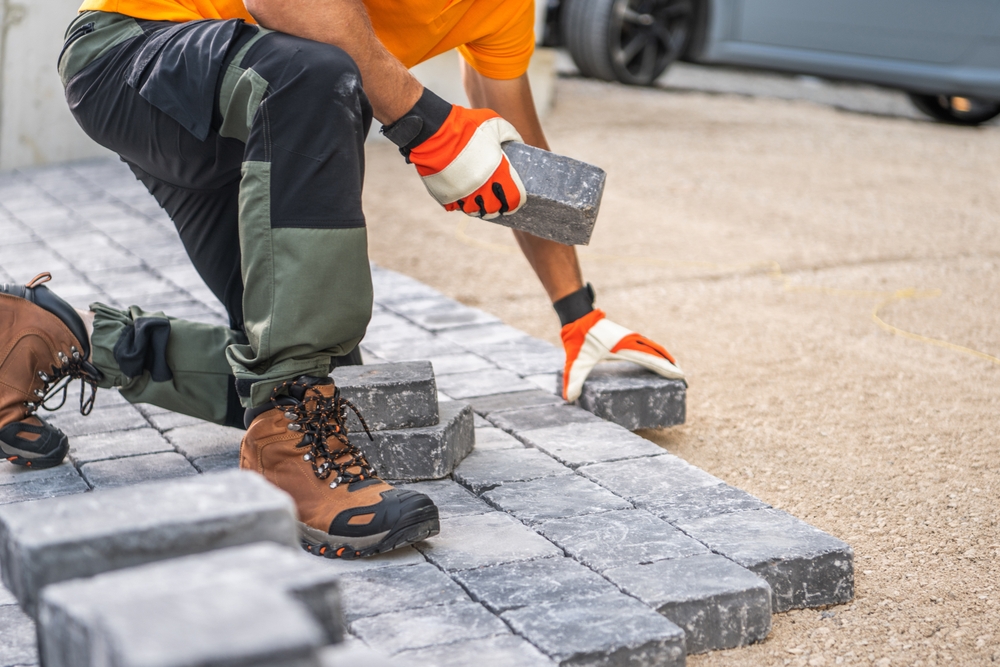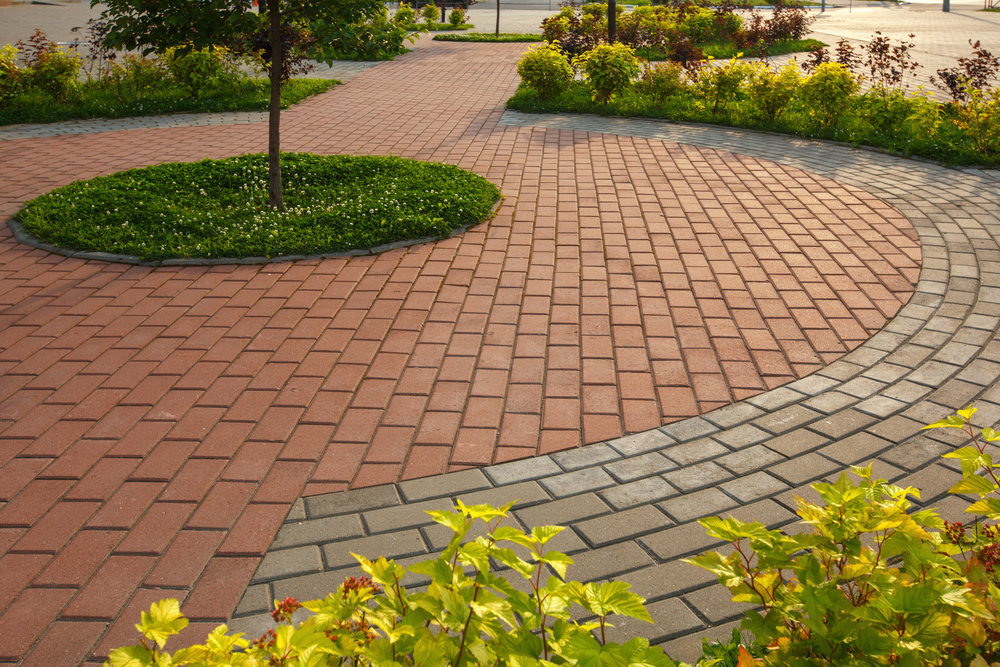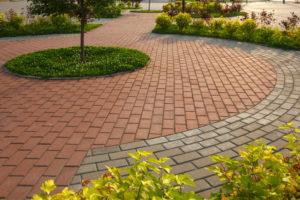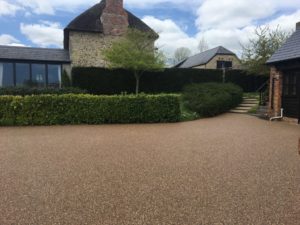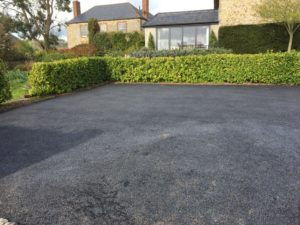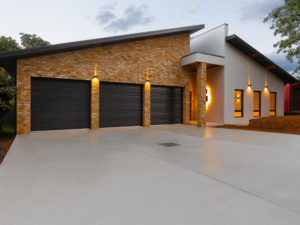Mar
Recycled Materials in Modern Driveway Construction
- 2025
- admin
In recent years, the use of recycled materials in modern driveway construction has gained significant traction. As homeowners and businesses seek more sustainable solutions for their surfacing projects, innovative methods have emerged that utilise recycled asphalt, concrete, and other eco-friendly materials. These alternatives not only reduce environmental impact but also offer cost savings and durability benefits.
The Importance of Sustainable Driveway Construction
Traditional driveway construction often relies on new materials such as asphalt, concrete, and gravel, which require significant energy and resources to produce. With increasing concerns about environmental sustainability, the construction industry is shifting towards more eco-conscious practices, including the use of recycled materials. By repurposing waste materials, driveway installations can contribute to reducing landfill waste, lowering carbon emissions, and conserving natural resources.
Recycled Asphalt: A Smart Choice for Driveways
What is Recycled Asphalt?
Recycled asphalt, also known as reclaimed asphalt pavement (RAP), is made from old asphalt surfaces that have been milled, processed, and reused. This material is an excellent alternative to new asphalt as it maintains similar performance characteristics while significantly reducing waste.
Benefits of Recycled Asphalt
- Environmental Impact: Using RAP reduces the demand for new asphalt production, which in turn lowers fossil fuel consumption and carbon emissions.
- Cost-Effectiveness: Recycled asphalt is typically cheaper than virgin asphalt, making it a budget-friendly choice for homeowners and businesses.
- Durability: RAP retains the strength and flexibility of traditional asphalt, ensuring a long-lasting driveway surface.
- Weather Resistance: Recycled asphalt has excellent water drainage properties, reducing the risk of cracks and potholes over time.
How is Recycled Asphalt Used in Driveways?
Recycled asphalt can be applied in multiple ways, including:
- Cold Recycling: Old asphalt is pulverised and mixed with binding agents before being laid down as a new surface.
- Hot Recycling: The existing asphalt is reheated and mixed with fresh materials to create a more uniform surface.
- Full-Depth Reclamation: The entire depth of the existing asphalt is ground up and mixed with stabilisers to form a solid base for a new driveway.
Other Eco-Friendly Materials in Driveway Construction
Recycled Concrete
Crushed concrete, sourced from demolished buildings and roads, is another sustainable option for driveways. It provides a strong and stable surface while reducing the need for virgin concrete production.
Benefits:
- Reduces construction waste in landfills
- Provides excellent load-bearing capacity
- Offers a cost-effective alternative to new concrete
Permeable Pavers
Permeable pavers are designed to allow water to pass through them, reducing runoff and promoting groundwater recharge. Many permeable paving solutions incorporate recycled materials such as crushed glass, rubber, or plastic.
Benefits:
- Reduces water pooling and flooding issues
- Supports sustainable drainage systems (SuDS)
- Made from recycled and reclaimed materials
Recycled Rubber Driveways
Rubber driveways are made from recycled tires, offering a flexible and impact-resistant surface. This option is particularly useful in areas with harsh weather conditions, as rubber can expand and contract without cracking.
Benefits:
- Shock-absorbent and slip-resistant
- Long-lasting and weather-resistant
- Utilises waste materials that would otherwise end up in landfills
Best Practices for Installing a Driveway with Recycled Materials
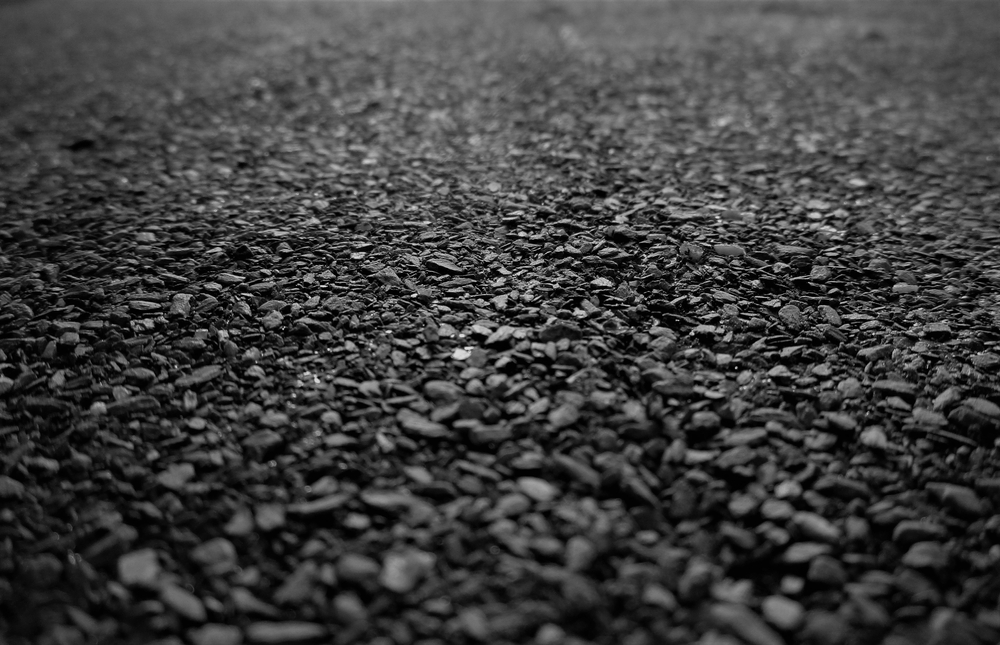
- Site Preparation: Ensure proper grading and drainage to prevent water accumulation.
- Material Selection: Choose the appropriate recycled material based on climate conditions, usage requirements, and budget.
- Professional Installation: Hiring experienced contractors ensures the materials are properly processed and applied for maximum durability.
- Maintenance Plan: Regular sealing, patching, and resurfacing can extend the lifespan of a driveway constructed with recycled materials.
The Future of Eco-Friendly Driveways
As technology advances, the use of recycled materials in modern driveway construction is expected to grow. Innovations such as bio-based binders, enhanced recycling techniques, and composite materials are set to improve the performance and sustainability of driveways. By choosing recycled asphalt and other green alternatives, homeowners and businesses can contribute to a more sustainable future while enjoying cost-effective and durable driveway solutions.
For professional driveway construction using recycled materials, visit Dares Surfacing to explore environmentally friendly paving solutions tailored to your needs.
FAQ Modern Driveway Construction
Is recycled asphalt as durable as new asphalt?
Yes, recycled asphalt retains the strength and flexibility of traditional asphalt, making it a durable and long-lasting choice for driveways.
Are driveways made with recycled materials more affordable?
Recycled materials like reclaimed asphalt and crushed concrete are generally more cost-effective than new materials, helping homeowners save on installation costs.
How does a recycled material driveway benefit the environment?
Using recycled materials reduces landfill waste, lowers carbon emissions, and conserves natural resources, making it an eco-friendly choice.
What maintenance is required for driveways made from recycled materials?
Routine maintenance, such as sealing, patching, and proper drainage, will help extend the lifespan of a driveway made with recycled materials.
Can I install a driveway with recycled materials in any climate?
Yes, recycled materials like asphalt, rubber, and permeable pavers are designed to withstand different weather conditions, offering excellent resistance to cracking and erosion.
How do I know which recycled material is best for my driveway?
The best material depends on factors like climate, budget, and usage. A professional contractor can assess your needs and recommend the most suitable option.



